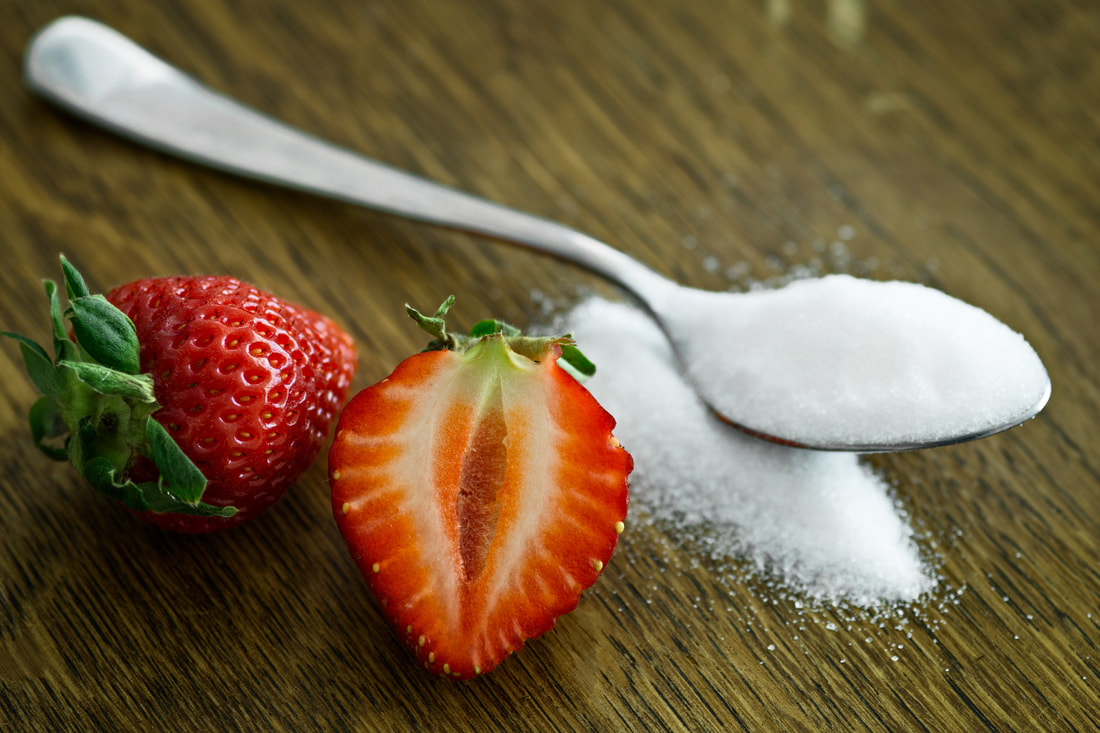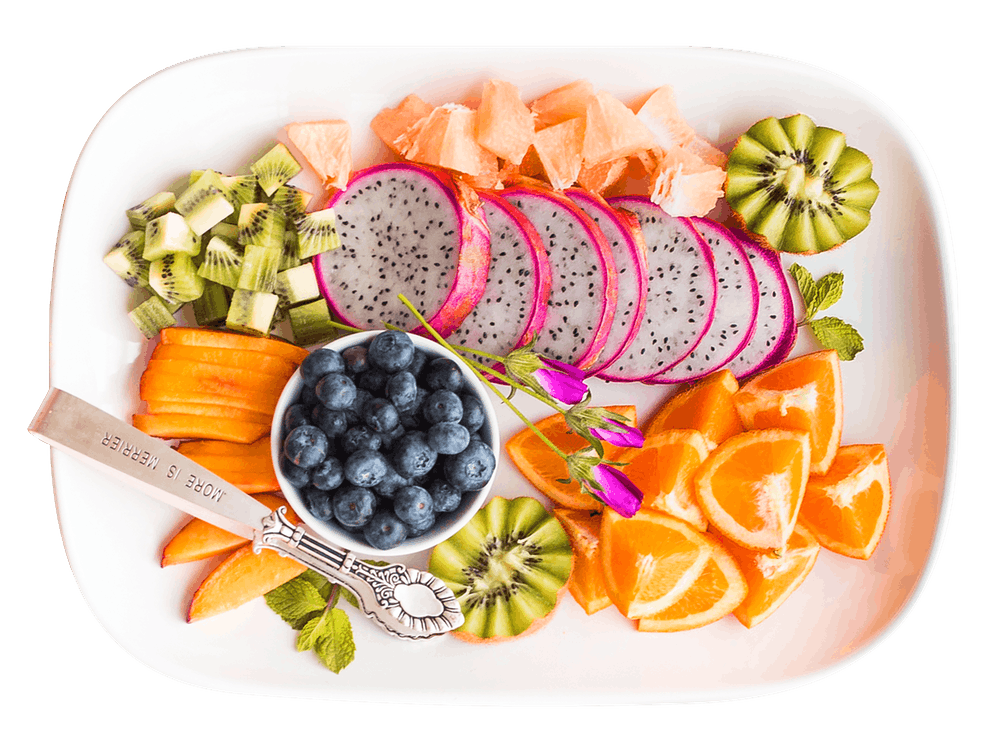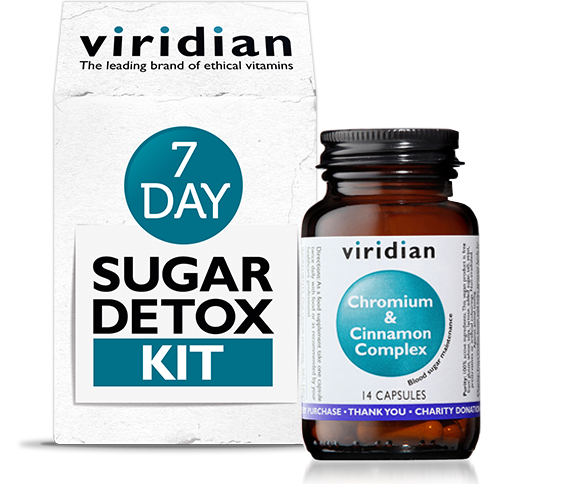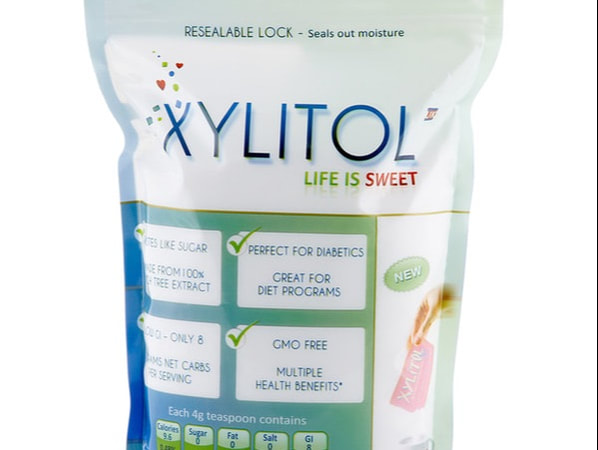|
Some people call it the white death, others believe it is completely natural, some think it’s addictive nature means it should be made illegal and other think it’s fine in moderation. One things for sure, sugar is definitely having an impact on almost every aspect of our health. Created from the reaction of water (H2O), carbon dioxide (CO2) and sunlight, glucose is created in the leaves of plants and stored as either bulbs, fruits or pollen as a way of enticing animals to eat and dissipate its seeds. Sugars (of which there are many kinds) provide valuable energy and when eaten as fruit (or vegetables) also provide fibre, as well as micro nutrients and phyto (plant based) nutrients that include antioxidants, anti inflammatories, anti fungals and a host of other benefits. Due to a quirk in biochemistry, it’s possible to gorge on fruit and store a near endless supply of energy, in days gone by (way before the internet) this was how our ancestors would ‘fatten up’ to survive the food scarcity of winters. In the modern world, this is more of an issue, as for most of the western world has an abundance of food that scarcity is never a consideration. Sweetness is intrinsically linked to survival, it’s seen as a reward, sweetness is one of the five tastes (along with bitter, sour, salty and umami) so helps to give a sense of completeness to a balanced meal and with this in mind, sugar is used through the food industry to help to make food ‘moorish’. One of the main problems with sugar as an ingredient is that it is heavily processed, this not only refines the sugar but removes all the valuable nutrients including the fibre. Fibre helps to slow down the digestive process and also slow down the rate in which sugar is absorbed into the blood stream. If you consider something like a date, which is still 63% sugar, the 9% fibre helps to slow absorption, as opposed to pure white sugar which goes almost directly in the blood stream. To make matters worse, the refined sugar is referred to as ‘an empty calorie’, meaning it has no other nutrition. It is hypothesised that we crave foods in order to meet our nutritional requirements, so when you eat nutritionally devoid foods you become hungry very soon after as your body is still craving the missing nutrients that it wanted in the first place. This can lead to overeating and weight gain. Have you ever found that you eat a large meal at a fast food restaurant only to be hungry an hour later? That’s the reason why. Additionally, sugar tricks the body into thinking that food is on the way, so the hormone insulin is released to help transport nutrients into the cells, however the rapid rise of blood sugar causes opposing hormone, glucagon to be release to lower the blood sugar. This rapid drop can cause a low energy state or hypoglycaemia (not necessarily enough to cause a medical issue) that makes the brain crave to sugar to provide energy leading to a yoyo effect. Over time this can result in the body becoming resistant to insulin leading to type II diabetes. In conclusion, (natural) sugar itself isn’t bad, the refinement process removes the nutrients from it and turns sugar into nutritionally empty energy and almost definitely is. This is certainly playing its part in the looming diabetes epidemic. So how can you eat sweet food safely?
0 Comments
Leave a Reply. |
AuthorTaz Faruqi, award winning Amatsu Therapist and registered Nutritional Therapist. Archives
May 2019
Categories |
HoursMonday-Saturaday
10-5pm Address30-32 South Parade
Bawtry DN10 6JH South Yorkshire Contact |
Fill in the form to subscribe to our mailing list. You will receive a few of emails a month about special offers, services, events and workshops. |





 RSS Feed
RSS Feed